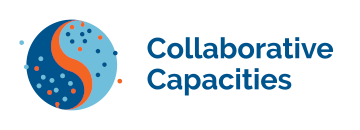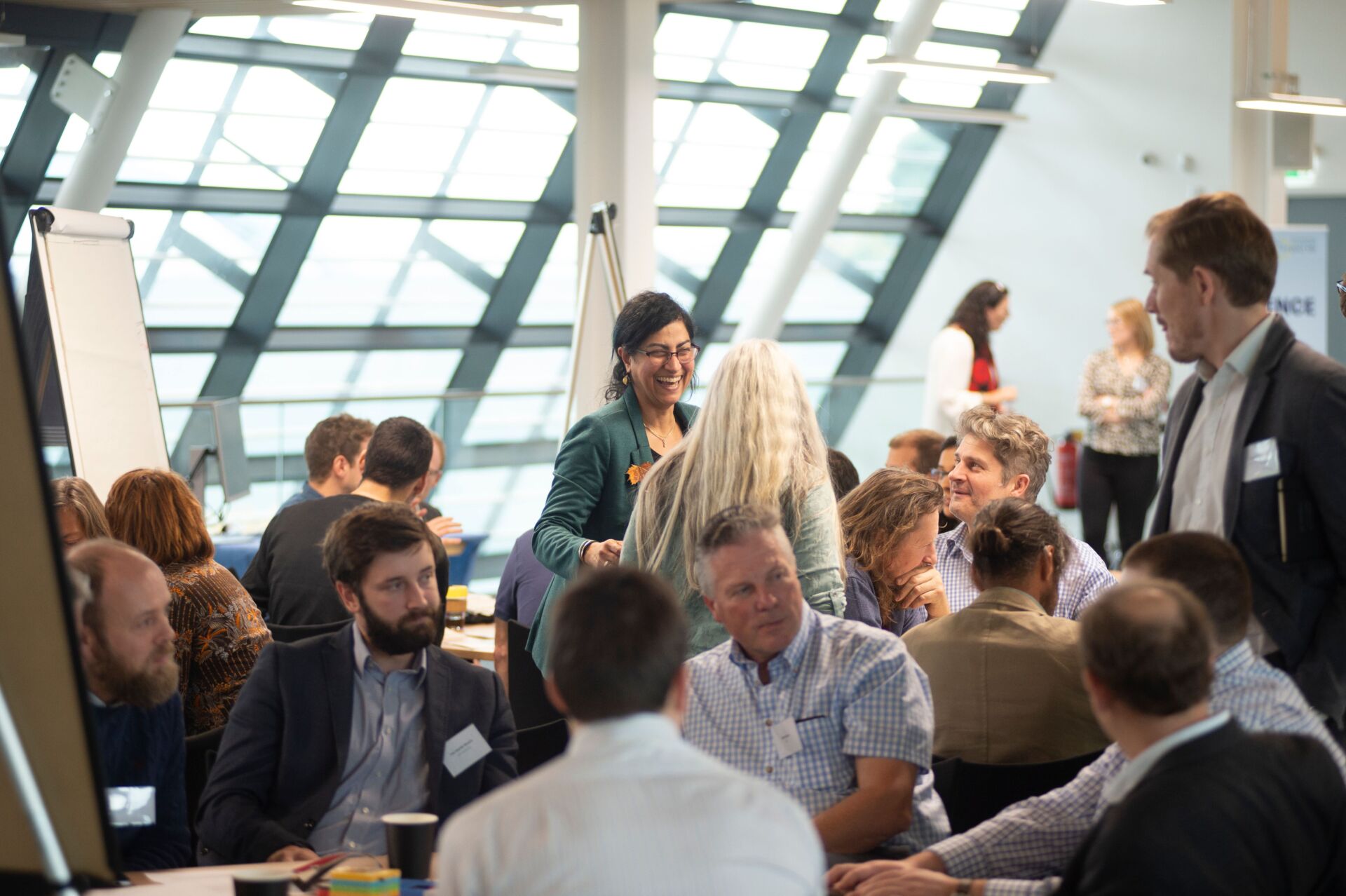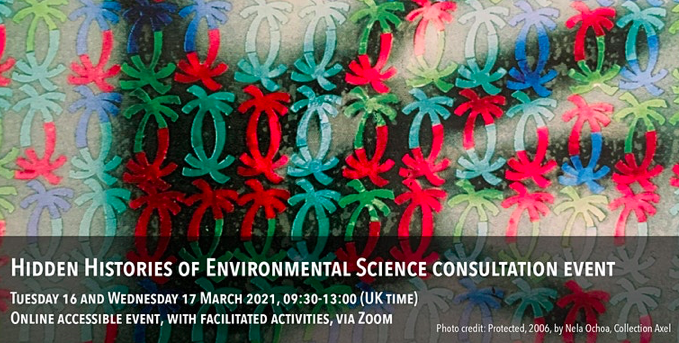As one of the primary food sources in the global south, cassava is on the menu when it comes to talking about food security. The Bill & Melinda Gates Foundation has funded large research projects aimed at breeding cassava varieties that can withstand varied growth conditions and pests.
digital
Duke Corporate Education ESG Academy workshop
As a Global Educator at Duke Corporate Education with a focus area on ESG, Sawsan delivered an interactive, engaging session on incorporating Environmental, Social and Governance elements into the innovation processes.
ZSL Project SIARC EDI training workshop
Facilitation of an equity, diversity and inclusion (EDI) training workshop for ZSL’s Project SIARC, with the aim of building capacity and developing best practice guidelines for the Project.
Green Infrastructure Project meeting and report
A multi-sector engagement to create a roadmap for restoring, enhancing and connecting Green Infrastructure for people and nature in a post-industrial landscape.
Food security consultations
The food security needs and priorities in the ten countries of Southeast Asia are based on a complex set of interrelated dynamics. We designed meeting formats and trained in-house facilitators to run consultation meetings around this topic in Southeast Asia.
Research culture intervention
Whole-university intervention to gain insights around research culture as part of the deliverables for the Declaration of Research Assessment (DORA) and to evidence the implementation of UKRI’s Concordat principles in each department.
Land acquisition for carbon multi-sector workshop
The focus was on listening, noting, and arriving at decisions which consider every voice in the room and work towards the common good.
Revenue models for peatland restoration
A multi-sector generative conversation around market based approached to funding peatland restoration, hosted by the Great North Bog initiative and delivered with the Yorkshire Wildlife Trust, Fast Track Impact and Finance Earth.
A broad cross-disciplinary collaborative programme
The hidden histories of environmental science programme was a broad cross disciplinary effort aimed at learning from the colonial past to inform a more equitable, inclusive future for the sector.
The Future of Work
Over 50 people from business, government, NGOs and academics collaborated on what the future of work might look like and what skills might this future workforce need. This was followed by a series of online workshops that gave insightful results around upskilling, reskilling and the impact of digital technologies on the future of work.










